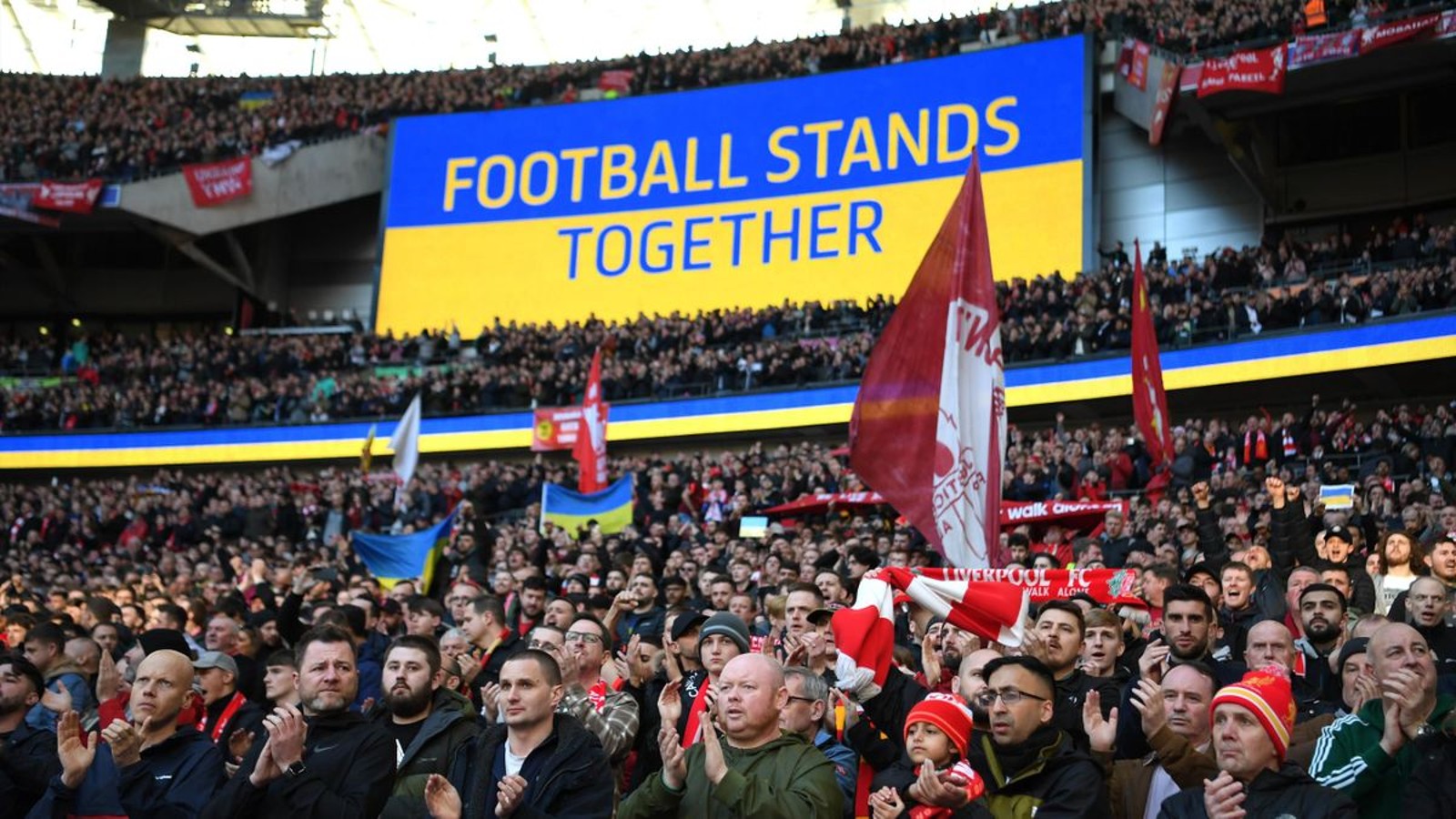Whatever happened to no politics in sports? + Crypto-focused SPACs are having their day in the sun + Fertilizer shortage exacerbates global hunger

Arab athletes speak out on double standards on bringing politics into sports: Athletes and commentators are pointing out international sporting bodies’ laxity with political expression regarding the Russia-Ukraine war within sporting events, compared to often harsh repercussions when Arab sportspeople would touch on the Palestinian occupation, AFP writes. Egyptian squash champion Ali Farag is among those pointing out the double standard, using his victory speech at a recent championship to say that it’s suddenly okay to discuss politics in sports. Earlier this month, Palestinian midfielder Mohamed Rashid refused to stand with his Indonesian club Persib Bandung as they raised a “stop war’”sign. “When war erupted in a Western country, everyone stood with it, but when people die in Palestine, we are not allowed to show solidarity and are accused of mixing politics and sports,” he said at the time.
Crypto-focused SPACs are having their day in the sun, outperforming other non-crypto companies that went public via SPAC, Bloomberg writes. A rush towards SPAC-based listings hasn’t exactly paid off across the board, with most companies opting for this route now seeing “abysmal” stock performance — despite initially seeing sharp spikes in trading activity once a SPAC transaction closed, the business information service notes. But even with crypto-focused SPACs’ generally better performance than their non-crypto peers, they remain exposed to fluctuations in BTC prices, with two companies (Cipher and Bakkt) seeing their share prices dropping from their listing price as the cryptocurrency dropped.
A global fertilizer shortage is reducing the amount of cultivated agricultural land, leading to more global hunger, creating another dynamic to the fallout from the Russia-Ukraine war, which has pushed fertilizer prices to sky-high levels, reports Reuters. Western sanctions on Russia have disrupted the trade of key commodities, including fertilizers that are critical to maintaining high yields from crops such as corn, soy, rice, and wheat. Farmers are struggling to quickly adapt through different methods, such as switching out fertilizers for manure, using less fertilizer, or stockpiling in anticipation of more severe shortages ahead. Agricultural experts believe that the situation could lead to further pressure on global food supply in the long run by inhibiting production.